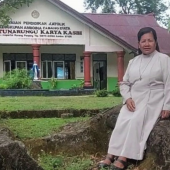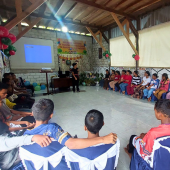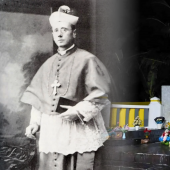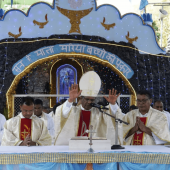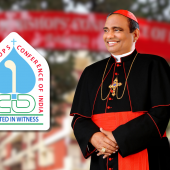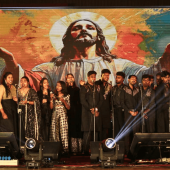Indonesia: PUKAT Academy Forms New Generation of Ethical Catholic Business Leaders
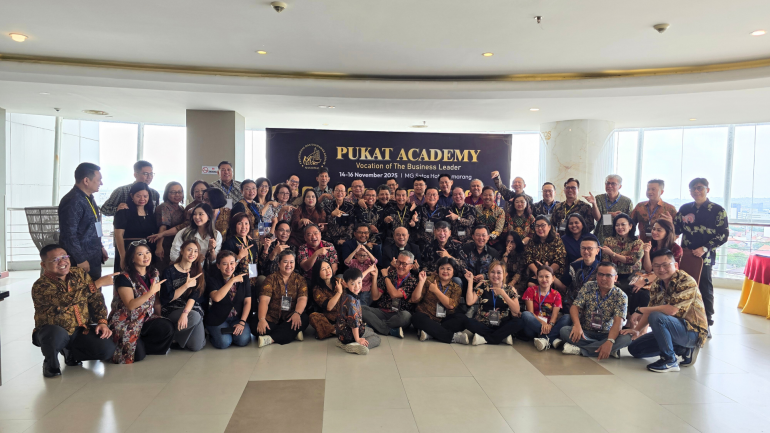
In an age shaped by artificial intelligence, volatile markets, and intense competition, a new national initiative in Indonesia is calling Catholic entrepreneurs back to their deeper vocation: leading with integrity and serving with love.
The initiative, PUKAT Academy, is a leadership formation program launched by PUKAT Nasional (Profesional Usahawan Katolik), a nationwide network of Catholic professionals and entrepreneurs. Held in Semarang from 14–16 November, the Academy gathered business leaders from across the country under the theme “Lead with Wisdom, Serve with Love.”
Business as a Vocation
For PUKAT, entrepreneurship is more than a pursuit of profit; it is a Gospel-rooted calling.
“Being an entrepreneur, especially a Catholic one, is no longer just about pursuing profit,” said former National Chairman Mr Ferry Jusuf, who initiated the program. “Business must become a way to bring blessings to others.”
Responding to a Fast-Changing Economy
National Chairman Mr Julius Junus Tedja of Makassar Archdiocese in South Sulawesi said the Academy emerged as a response to increasing pressures brought by rapid technological disruption.
“Technology evolves in months, business models shift overnight,” he told RVA. “Leaders today must remain deeply human while navigating this acceleration.”
The Academy aims to form leaders who are principled, wise, and ready to face the moral complexities of today’s marketplace.
Where Faith Meets Leadership
The three-day event opened with an Eucharistic celebration presided over by Archbishop Frans Nipa of Makassar, who drew from the Vatican document Vocation of the Business Leader and urged participants to see business leadership as a path to holiness.
A talk show moderated by Ferry Jusuf, titled “Lead with Purpose,” featured insights from two prominent entrepreneurs:
-
Mr Hadi Kasim, Vice Commissioner of Triputra Group, emphasized that a business must first be “right” morally and ethically right, as well as profitable. “Without profit, a business cannot carry out its mission or create greater social impact,” he said. A clear purpose, he noted, helps business leaders make firm and meaningful decisions.
-
Mr Irwan Hidayat, President Director of PT Sido Muncul, shared how his spiritual experiences guide his decision-making. “Behind simplicity lies a deep conviction in God’s guidance,” he said. “Many spiritual experiences I have gone through become a source of strength in making business decisions.”
The speakers discussed real-world challenges faced by Catholic leaders: ambition versus humility, innovation versus ethics, and success rooted in service.
Breakout sessions led by experts explored key principles of Catholic Social Teaching, including the Common Good, Subsidiarity, and the virtues of Faith, Hope, and Love, and highlighted their relevance to business leadership today.
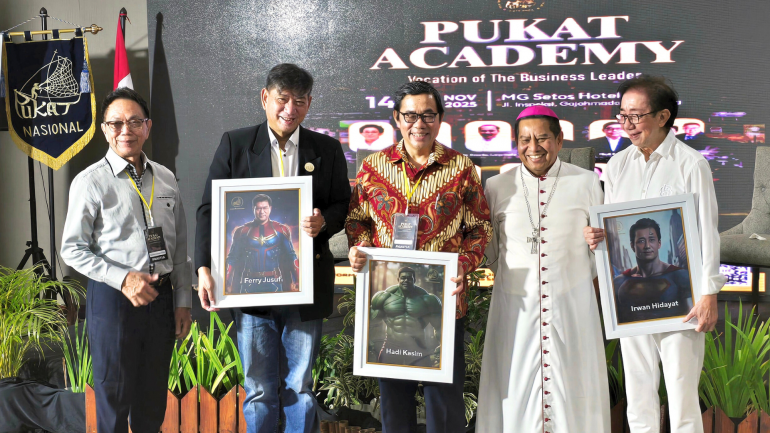
Building a Moral Business Network
Beyond lectures and discussions, PUKAT Academy offered a space for participants to share professional struggles and support one another in their vocation.
“From leaders like them, we learn to manage our business units not only as entrepreneurs but as Christians,” said Mr Kristian Hardianto, Chairman of PUKAT Semarang, the host for this year’s event.
PUKAT hopes the Academy will help build a nationwide network of ethical leaders capable of influencing business culture, shaping strategic decisions, and expanding social impact.
A Growing Movement
Now in its inaugural year, PUKAT Academy is already being hailed as a milestone in the Church’s engagement with Indonesia’s economic sector.
In a world where success is often defined by speed and scale, PUKAT Academy offers an alternative message: true leadership requires wisdom, conscience, and love.
Radio Veritas Asia (RVA), a media platform of the Catholic Church, aims to share Christ. RVA started in 1969 as a continental Catholic radio station to serve Asian countries in their respective local language, thus earning the tag “the Voice of Asian Christianity.” Responding to the emerging context, RVA embraced media platforms to connect with the global Asian audience via its 21 language websites and various social media platforms.









